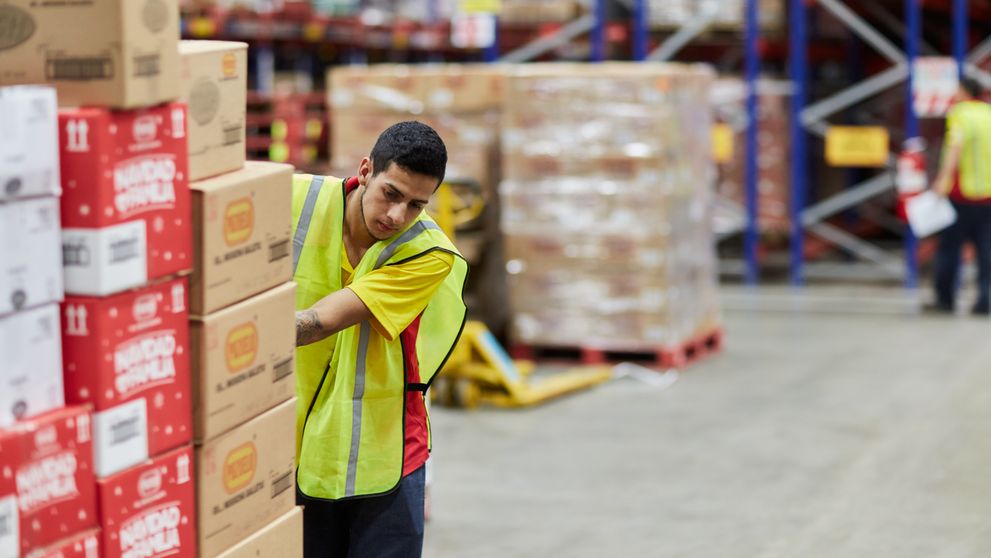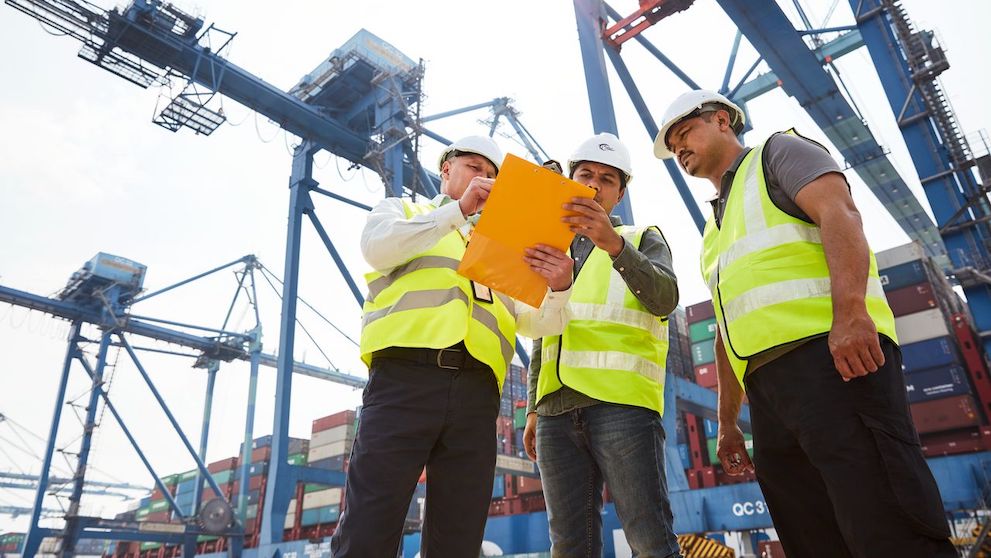As a fast-growing nation and the world’s largest democracy, India remains an intriguing and attractive market for overseas businesses and investors. In recent news, the country – with a population of more than a billion people – has seen a surge in economic growth, despite ongoing international crises and now ranks as the world’s fifth-largest economy by Gross Domestic Product (GDP).
Even though India is considered a developing economy, it still plays an important role in global trade. Thanks to its huge market base combined with the fast-developing spending habits of many middle-class Indians, the majority of the world’s leading developed nations are keen to have or expand their ties with the country. This is not just a one-sided affair, as India, too, welcomes diversity. Hence, it is rather easy for foreigners to start a business in India as long as they follow the current local and international Indian trade policies.
Current trade environment in India
In a bid to attract foreign investments into the country, the Indian government has eased foreign direct investment (FDI) restrictions, such as raising foreign equity caps for insurance and defense. This has led to significant progress and improvement in the overall business environment.
Furthermore, as the global pandemic continues to improve, India’s domestic demand has started to pick up again, accounting for US$756.7 billion in imports from 2021-2022. The foreign trade policies of India have been revamped over the past few years, with the country regularly initiating and renewing trade agreements with other countries.
Understanding the trade market in India, as well as the direction the government wishes to take, is beneficial for business owners and retailers who are looking to grow their businesses within India. Contrary to popular belief, it is not necessary for foreign business owners to trade within one of India’s key industries. Instead, businesses can shift their focus to dominant growing demands in other international goods and services.
Capitalising on a product that is in high demand yet not very present in the current Indian market, alongside structuring your organisation around e-commerce, can yield long-term success for business owners in India. With the current Indian trade policy revolving around establishing FTAs with other countries, you can leverage these factors to help your business thrive in India’s trade market.
International trade policies pertaining to India
While understanding the direction in which India wishes to take their trade policy and the demands of the local market ensures steady growth for a growing business, there are a variety of international trade barriers and regulations that also need to be taken into consideration when importing goods into the country.
1. Restricted and prohibited goods
The Indian government restricts access to foreign parties on a number of services. Namely: insurance, banking, security, film, accounting, construction, architecture, legal services, and more. This is to ensure that the government has a bigger ownership stake in industries where a major service is performed, meaning foreign participation can be restricted or even prohibited.
Banned, prohibited, and canalised products require an import license and, as such, are usually only imported by government trade monopolies. Examples of such items include animal fat, tallow, livestock products, and pharmaceuticals.
Testing and certification are also required should your import trade include food items or goods. India also imposes strict anti-dumping and countervailing measures to ensure that foreign products being imported into the country are not sold at a much lower price compared to local products of the same nature, protecting domestic manufacturers.
2. Customs duties and taxes
Besides understanding the various trade policies and international trade barriers in place, there are also tariffs and import duties to adhere to. For instance, goods imported into India are subjected to a levy of Basic Customs Duty (BCD) and Integrated Goods and Service Tax (IGST). Goods being brought into the country are taxed with customs duty and service tax based on the classification of the product being imported.
3. Shipping documents and permits
Last but not least, all imports into India must be accompanied by the mandatory required documents such as commercial invoice, bill of lading, packing list and Know Your Customer (KYC) documents. Those who fail to present these documents during customs clearance may face a delay in shipment delivery or have their shipments denied from importation.



















